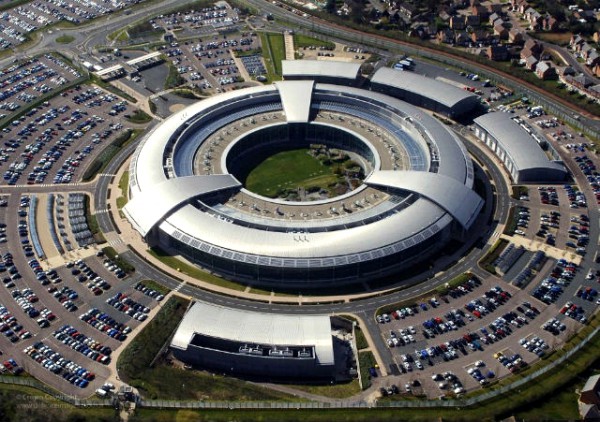UK government started online mass surveillance after 9/11 -- but few politicians knew

On Wednesday, the Investigatory Powers Bill was published in draft form, but it was in the wake of 9/11 that the UK government started its mass surveillance programs, spying on the online activities of British citizens. Under the guise of the 1984 Telecommunications Act, this surveillance was moved up a gear in 2005. Former deputy Prime Minister Nick Clegg says that very few politicians knew about it.
Clegg only learned of the surveillance programs that were used to harvest emails, phone records, and texts in 2010, and questioned whether it was necessary. The former PM makes the revelations in an article for the Guardian in which he says that after Edward Snowden NSA and GCHQ spying revelations, "the knee-jerk response from the government was to play the man and ignore the ball".
Clegg and his part of the coalition government were instrumental in blocking the progress of the snooper's charter which ultimately led to the draft Investigatory Powers Bill. He admits that the new bill is "far from perfect" and expresses concern that there has been insufficient meaningful scrutiny.
Writing in the Guardian, Clegg said:
When a senior official took me aside and told me that the previous government had granted MI5 direct access to records of millions of phone calls made in the UK -- a capability only a tiny handful of senior cabinet ministers knew about -- I was astonished that such a powerful capability had not been declared either to the public or to parliament and insisted that its necessity should be reviewed.
That the existence of this previously top secret database was finally revealed in parliament by the home secretary on Wednesday, as part of a comprehensive new investigatory powers bill covering many other previously secret intelligence capabilities, speaks volumes about how far we've come in a few short years.
Snowden's whistleblowing may have resulted in "secret powers forced out into the open", but however democratically debated and implemented surveillance laws may be, a precedent has already been set. Regardless of what is publicly admitted to, there is simply no way for most people to know what is happening in secret.
Clegg warns:
The ability, for example, of GCHQ to hack anything from handsets to whole networks is highly intrusive and needs to be much better understood before we can place it within appropriate constraints.